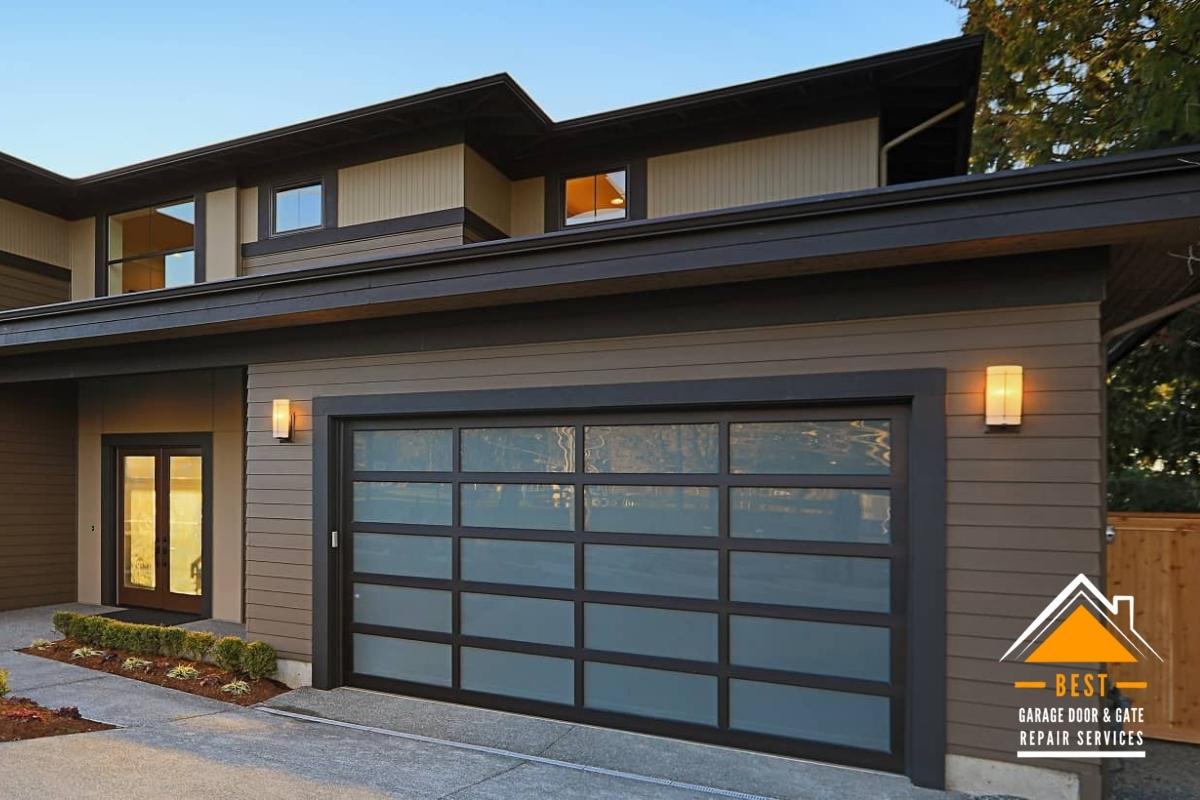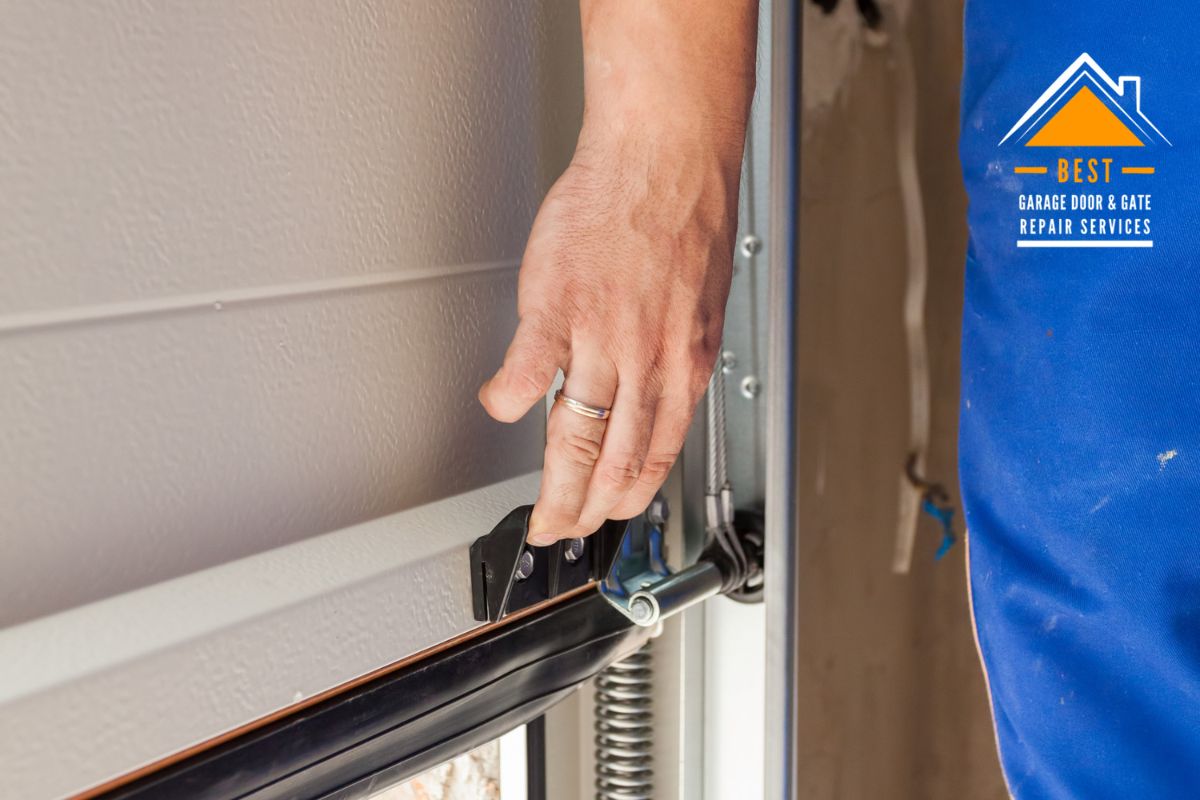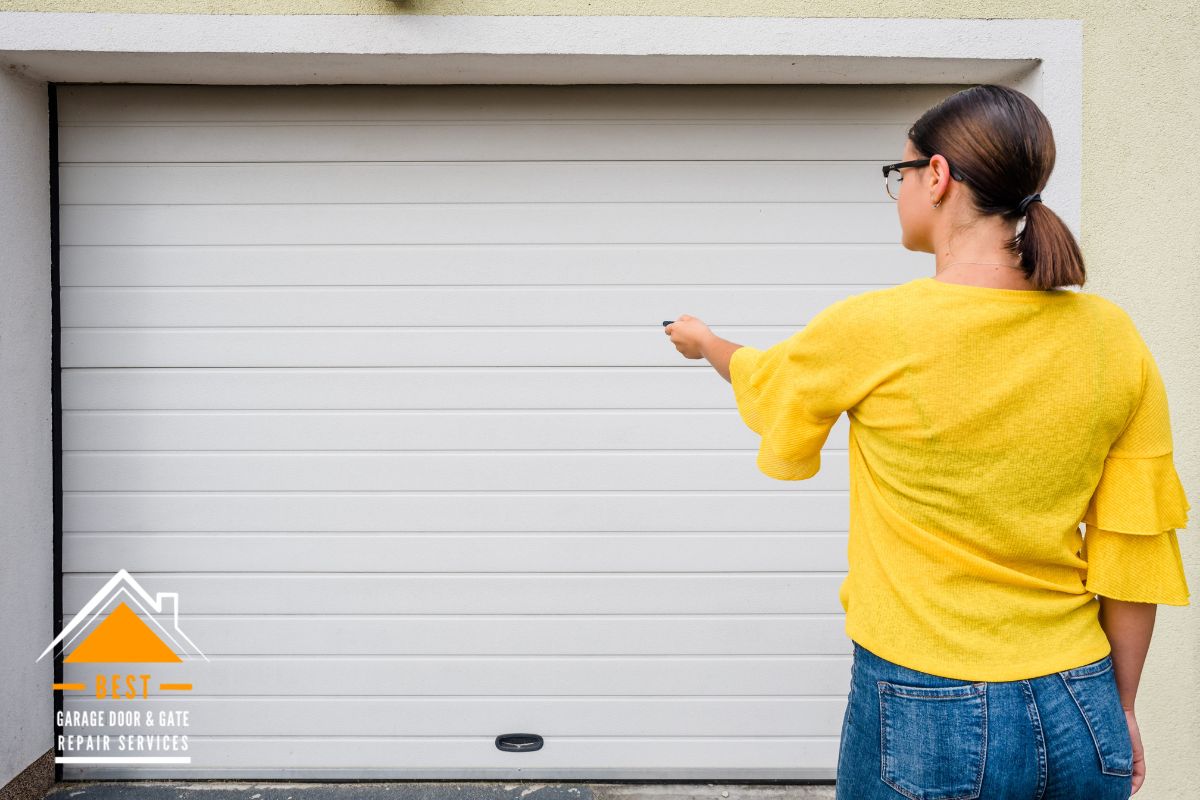A garage door’s lifespan is a significant consideration for homeowners, as it affects both the long-term costs and the Maintenance Requirements associated with this essential home component.
Understanding how long a garage door will likely last and the factors influencing its longevity can help you make informed decisions about installation, repairs, and replacements.
The average lifespan of a garage door can range from 15 to 30 years, depending on several key factors, which include material, usage, maintenance, and environmental conditions.
Table of Contents
Factors Influencing the Lifespan of a Garage Door
- Material of the Garage Door
- Steel Garage Doors: Steel is one of the most popular materials for garage doors due to its durability and relatively low maintenance requirements. A well-maintained steel garage door can last between 20 and 30 years. However, if the door is not properly protected against rust, especially in coastal areas with high humidity and salt exposure, its lifespan may be reduced.
- Wood Garage Doors: Wooden garage doors offer a classic, aesthetically pleasing look but typically require more maintenance than steel or aluminum. The lifespan of a wood garage door is usually around 15 to 20 years, depending on the quality of the wood and the level of maintenance. Regular painting or staining is essential to protect the wood from moisture, which can lead to warping or rot.
- Aluminum Garage Doors: Aluminum garage doors are lightweight and resistant to rust, making them a good option for humid environments. However, they are more prone to dents and may not be as durable as steel. The average lifespan of an aluminum garage door is around 20 to 25 years.
- Fiberglass and Vinyl Garage Doors: These materials are less common but offer certain advantages, such as resistance to dents and corrosion. Fiberglass and vinyl doors can last 20 to 30 years with proper maintenance, although they may become brittle and crack in extremely cold temperatures.
- Usage
- The frequency with which a garage door is used is another critical factor in determining its lifespan. A garage door that is used multiple times a day will wear out faster than one that is used less frequently. The lifespan of the door’s mechanical components, such as springs, rollers, and the opener, is often measured in cycles, with one cycle being a complete opening and closing of the door. Standard torsion springs, for example, are typically rated for 10,000 cycles, which translates to about 7 to 10 years of average use. Higher cycle springs are available and can extend the door’s lifespan significantly.
- Maintenance
- Regular maintenance is crucial to extending the life of a garage door. This includes Lubricating Moving Parts, tightening hardware, balancing the door, and inspecting and replacing worn components like rollers, cables, and springs. Neglecting maintenance can lead to premature wear and tear, reducing the door’s lifespan. Annual inspections by a professional can also help identify potential issues before they become major problems.
- Environmental Conditions
- The environment in which the garage door operates can have a significant impact on its lifespan. In areas with harsh weather conditions, such as extreme cold, heat, or high humidity, garage doors are subjected to more stress. For instance, wooden doors are more susceptible to moisture-related issues like warping and rot in humid climates, while metal doors can rust in coastal areas with salty air. UV radiation from the sun can also cause fading and deterioration of the door’s finish over time. Protecting the door with appropriate coatings and regular maintenance can mitigate these environmental effects.

What Is The Lifespan of The Average Garage Door?
Signs That a Garage Door is Nearing the End of Its Lifespan
Even with proper care, a garage door will eventually show signs of aging. These signs include:
- Frequent Breakdowns: If you find yourself frequently repairing the door, it may be more cost-effective to replace it.
- Slow or Erratic Operation: Difficulty in opening or closing the door, or noticeable delays in operation, can indicate worn-out components.
- Visible Wear and Tear: Cracks, warping, or rust spots on the door’s surface are visual indicators that the door may need to be replaced soon.
- Noise: Unusual noises such as grinding, squeaking, or banging can suggest that the mechanical components are wearing out.
Maximizing the Lifespan of Your Garage Door
To ensure your garage door lasts as long as possible, follow these best practices:
- Regular Maintenance: Schedule annual inspections and perform regular maintenance tasks like lubricating and tightening parts.
- Protect Against Rust and Rot: Apply protective coatings to metal and wood doors to shield them from environmental damage.
- Upgrade Components: Consider upgrading to higher cycle springs or more durable rollers if your garage door sees heavy use.
- Weatherproofing: Ensure the door is properly sealed and insulated to protect it from the elements.

Maximizing the Lifespan of Your Garage Door
Conclusion
The average lifespan of a garage door ranges from 15 to 30 years, depending on factors such as material, usage, maintenance, and environmental conditions.
By choosing the right material, performing regular maintenance, and being mindful of the operating environment, homeowners can maximize the longevity of their garage doors and avoid premature replacement.
Regular inspections and timely repairs are essential to ensure the garage door continues functioning smoothly and safely throughout its lifespan.


Leave A Comment